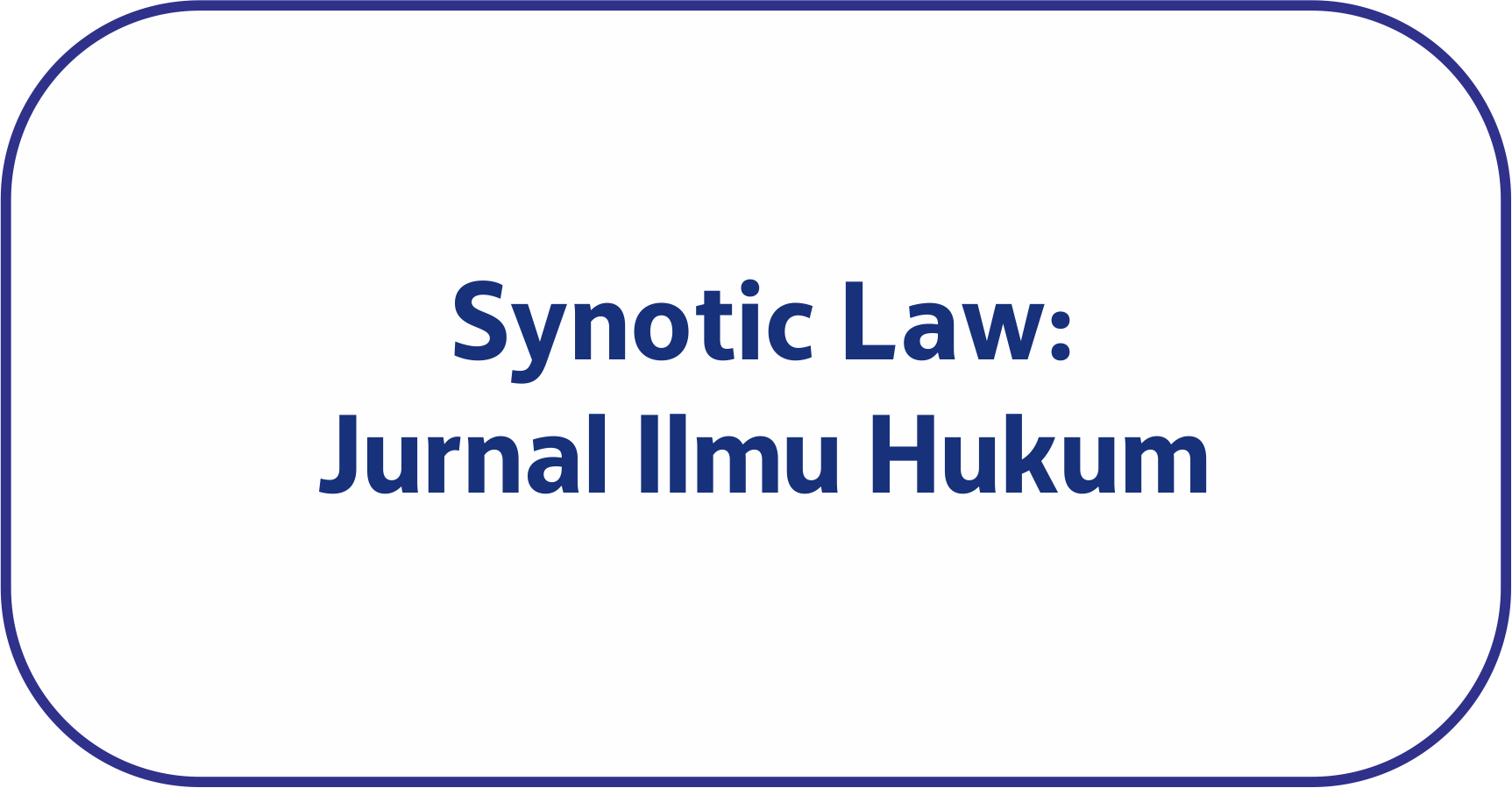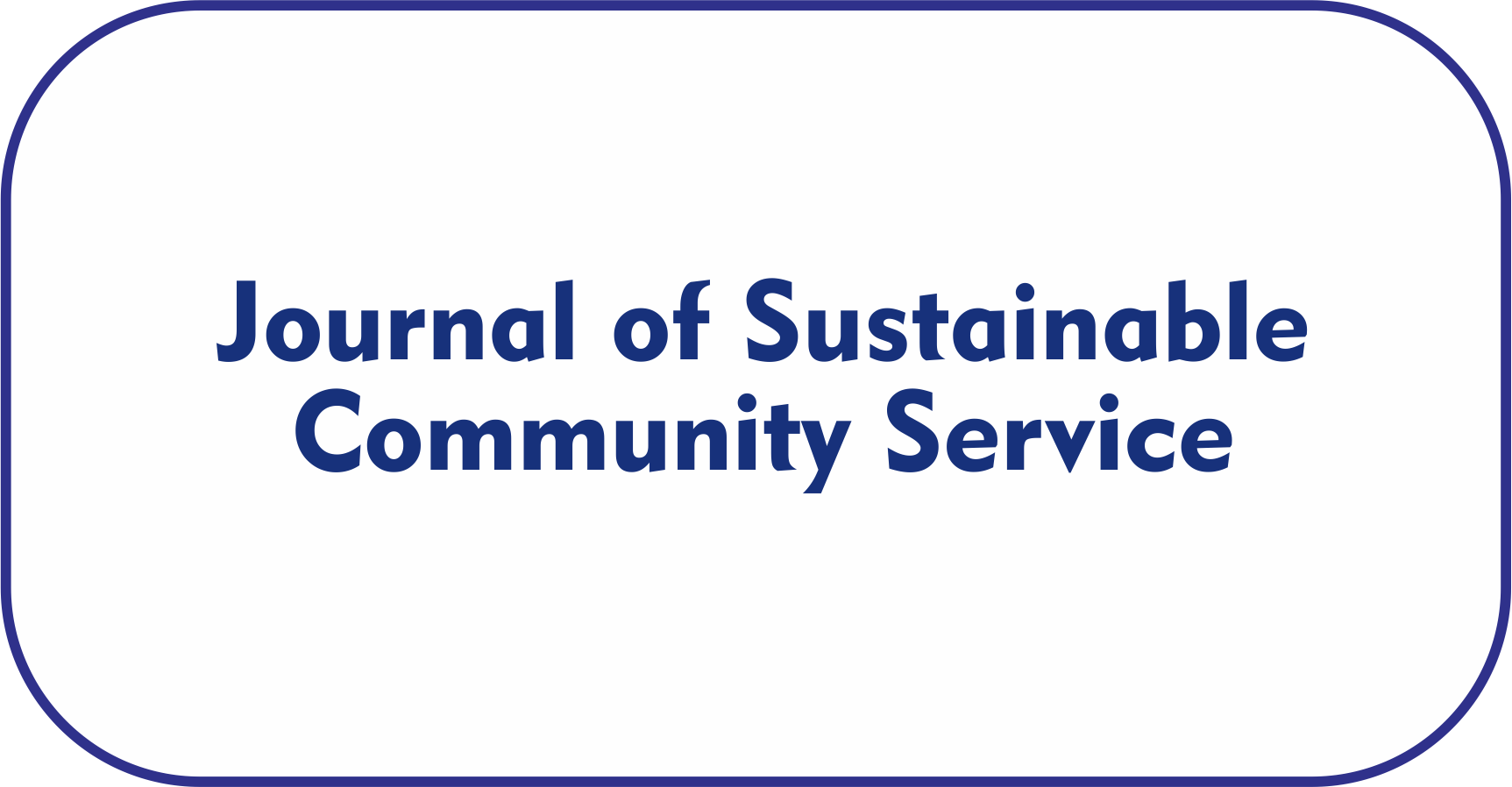THE INFLUENCE OF SUSTAINABILITY REPORT DISCLOSURE, GREEN ACCOUNTING, AND COMPANY SIZE ON THE QUALITY OF FINANCIAL REPORTS
Main Article Content
Nurfaidah*
Agus Umar Gazali
Rusdiah
Bunyamin
Andi Hadidu
Syamsul Bahri
This study aims to evaluate the influence of Sustainability Report Disclosure, Green Accounting, and Company Size on the Quality of Financial Reports. The research involves a sample comprising non-primary and primary consumer companies in the energy, basic materials, raw materials, and non-cyclical consumer sectors during the period 2020-2022. The data under analysis is sourced from secondary data acquired through the official website www.idx.co.id or company websites, using purposive sampling as the sampling method. Research testing is conducted through multiple regression analysis. In this investigation, Sustainability Reports adhere to the guidelines of the Global Reporting Initiative (GRI) 2016, covering economic, social, and environmental performance. The aim of presenting sustainability reports is to instill public trust and confidence among various stakeholders, indicating that the company prioritizes not only profit but also environmental concerns. Companies issuing Sustainability Reports are believed to create a positive impression on consumers, serving as evidence of corporate responsibility to shareholders and compliance with relevant regulations. Green Accounting is integrated into the Sustainability Report, while Company Size is measured by the total assets of the company. The study findings reveal that Sustainability Reports and Green Accounting positively impact the Quality of Financial Reports, whereas Company Size exerts a negative influence on the Quality of Financial Reports.
Astuti, A. D., & Juwenah, J. (2017). Pengaruh Pengungkapan Sustainability Report Terhadap Nilai Perusahaan Yang Tergabung Dalam LQ 45 Tahun 2012-2013. Accounthink: Journal of Accounting and Finance, 2(01).
Dupa, A. W., Hizazi, A., & Wahyudi, I. (2023). The Effect of Implementing Green Accounting and CSR Disclosures on the Quality of Financial Reporting with Institutional Ownership as a Moderation Variable: (Study of Energy Sector Companies Listed on the Indonesian Stock Exchange for the 2019-2021 Period. Journal of Management, Accounting, General Finance and International Economic Issues, 3(1), 131–151. https://doi.org/10.55047/marginal.v3i1.893
Freeman, R. E. (2023). The politics of stakeholder theory: Some future directions. In R. Edward Freeman’s Selected Works on Stakeholder Theory and Business Ethics (pp. 119–132). Springer.
Ghozali, I. (2020). Book 25 Grand Theory: The Grand Theory of Management, Accounting and Business: For the Theoretical Foundation of Theses, Theses and Dissertations. Pratama Yoga Semarang.
Handoko, J., & Santoso, V. (2023). Pengaruh Akuntansi Hijau dan Kinerja Lingkungan terhadap Kinerja Keuangan dengan Tanggung Jawab Sosial sebagai Pemediasi. Nominal Barometer Riset Akuntansi Dan Manajemen, 12(1), 84–101.
Kurniawan, T., Sofyani, H., & Rahmawati, E. (2018). Pengungkapan sustainability report dan nilai perusahan: Studi empiris di Indonesia dan Singapura. Kompartemen: Jurnal Ilmiah Akuntansi, 16(1).
Lako, A. (2017). Ecological crisis and urgency of green accounting. ACCOUNTING.
Malahayati, R., Arfan, M., & Basri, H. (2015). Pengaruh Ukuran Perusahaan dan Financial Leverage terhadap Persistensi Laba, dan Dampaknya terhadap Kualitas Laba (Studi pada Perusahaan yang Terdaftar di Jakarta Islamic Index). Jurnal Administrasi Akuntansi: Program Pascasarjana Unsyiah, 4(4).
Naser, K., Al-Hussaini, A., Al-Kwari, D., & Nuseibeh, R. (2006). Determinants of corporate social disclosure in developing countries: the case of Qatar. Advances in International Accounting, 19, 1–23.
Nugraha, N. B., & Meiranto, W. (2015). Pengaruh Corporate Social Responsibility, Ukuran Perusahaan, Profitabilitas, Leverage Dan Capital Intensity Terhadap Agresivitas Pajak (Studi Empiris pada Perusahaan Non-Keuangan yang Terdaftar di BEI Selama Periode 2012-2013). Fakultas Ekonomika dan Bisnis.
Ramadhani, K., Saputra, M. S., & Wahyuni, L. (2022). Pengaruh Penerapan Green Accounting Dan Kinerja Lingkungan Terhadap Kinerja Keuangan Dengan Tata Kelola Perusahaan Perusahaan Sebagai Variabel Moderasi. Jurnal Akuntansi Trisakti, 9(2), 227–242.
Reynolds, S. J., Schultz, F. C., & Hekman, D. R. (2006). Stakeholder theory and managerial decision-making: Constraints and implications of balancing stakeholder interests. Journal of Business Ethics, 64, 285–301.
Sidharta, B. A. (2009). Refleksi tentang struktur ilmu hukum: sebuah penelitian tentang fundasi kefilsafatan dan sifat keilmuan ilmu. Mandar Maju.
Sitorus, T., & Purwanto, E. (2020). Composition of Commissioners and Directors, Profitability, Capital Structure and Investor Investment Decisions: Role of Sustainable Investment. KnE Social Sciences, 747–769.
Suchman, M. C. (1995). Managing legitimacy: Strategic and institutional approaches. Academy of Management Review, 20(3), 571–610. https://doi.org/10.5465/amr.1995.9508080331
Sugiyono, S. (2020). Quantitative Research Methods, Qualitative, and Mix method. Alphabet.
Trilling, B., & Fadel, C. (2012). 21st century skills: Learning for life in our times. John Wiley & Sons.
Umwelt, N. D., Für, B., & Lüneburg, Leuphana-UniversitäSchaltegger, S. (2002). Sustainability management in business enterprises: concepts and instruments for sustainable organisation development. Federal Ministry for the Environment, Nature conservation and Nuclear Safety ….
Yoshi, A. (2011). Peran Akuntansi Lingkungan Dalam Meningkatkan Kinerja Lingkungan Dan Kinerja Keuangan Perusahaan. Widya Mandala Catholic University Surabaya.











































